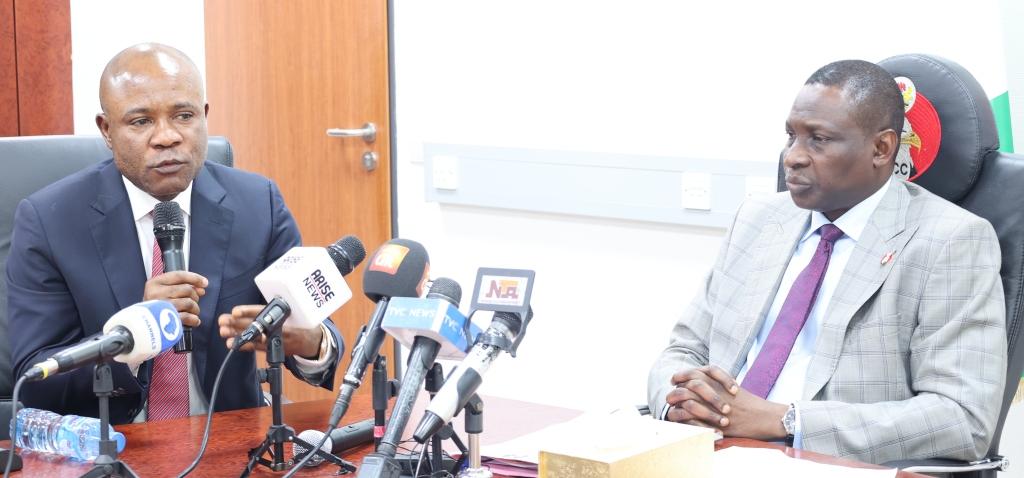
Enugu State has officially withdrawn from a Supreme Court case initiated by several Nigerian states challenging the constitutionality of the Economic and Financial Crimes Commission (EFCC) Act and guidelines issued by the Nigerian Financial Intelligence Unit (NFIU).
Originally, Kogi State filed the lawsuit against the EFCC in 2023, with 18 other states, including Enugu, joining the case. Enugu, as the sixth plaintiff, became the latest state to exit the suit, following previous withdrawals by Anambra (ninth plaintiff), Adamawa (16th plaintiff), Ebonyi (18th plaintiff), Benue, and Jigawa.
On October 22, the Supreme Court heard the case, and three states—Anambra, Adamawa, and Ebonyi—announced their withdrawal. Shortly after, Benue and Jigawa also filed to withdraw, on October 23 and October 24, respectively.
In Benue’s case, Governor Hyacinth Alia suspended the Attorney General and Commissioner for Justice, Fidelis Mnyim, for joining the case without prior approval. Meanwhile, Ogun State clarified that it was not disputing the EFCC’s legality but rather seeking clarification on the NFIU’s cash withdrawal limit guidelines.
Following the October 22 hearing, the Supreme Court reserved its judgment, stating that a decision would be communicated at a later date.
Enugu’s Attorney General and Commissioner for Justice, Kingsley Udeh, submitted an official application to the Supreme Court on October 24, confirming the state’s decision to withdraw. The application, titled “Notice of the 6th Defendant’s (Attorney General of Enugu State) Withdrawal from this Suit,” stated, “The 6th Plaintiff hereby withdraws the case against the Attorney General of the Federation.”
With six states now having exited the case, 13 states remain as plaintiffs. The case argues that, as per the Supreme Court’s ruling in Dr. Joseph Nwobike v. Federal Republic of Nigeria, the United Nations Convention against Corruption was incorporated into the EFCC Act without adherence to Section 12 of the Nigerian Constitution. This section mandates that for a convention to be incorporated into domestic law, a majority of state legislatures must approve it, which the plaintiffs contend did not happen.
The plaintiffs argue that laws enacted without following this constitutional process cannot apply to states that did not consent, rendering institutions created under such laws potentially unlawful.





